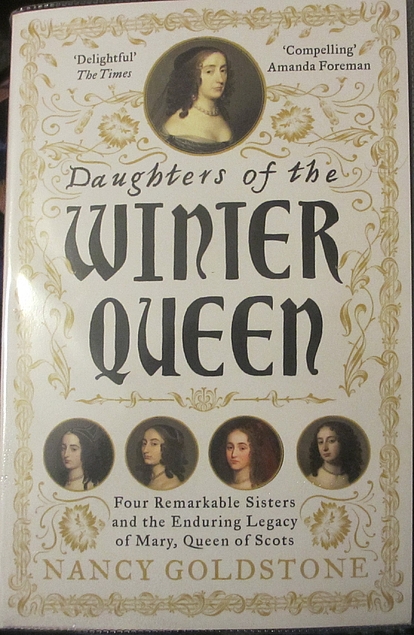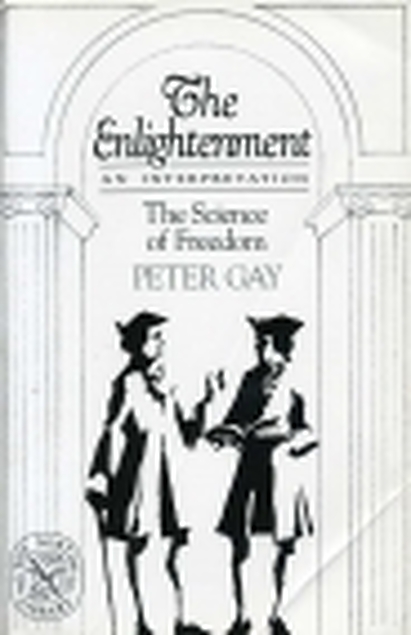Walter Lord "A Night To Remember"(Penguin)

In his classic A Night To Remember Walter Lord gives us an intimate retelling of the last hours of the Titanic, starting from the crow’s nest and the moment the iceberg was sighted and concluding just hours later with the Carpathia steaming off for New York with the survivors.
In the course of writing this book, Lord interviewed many of the survivors, as well as crew from the Carpathia and the Californian - the ship that was closest but didn’t hear the distress calls until far too late. The result is an authentic, detailed and sensitive account of the night of April 12. The narrative is told in straight forward manner, and with a certain emotional distance being maintained but Lord includes moments and anecdotes which clearly illustrate the human aspect of this disaster: wives resolutely refusing to leave their husbands and those forcibly placed in life boats, family’s becoming separated in the crush, a terrified young man removed from a life boat and another who covered his head in a woman’s shawl and went undetected, the gentlemen dressed in their best and those in the life boat’s in all manner of dress, the bickering whilst waiting for rescue, and the fear that meant only one life boat went back to check for survivors amongst those that were in the water. While direct quotes from the survivors are not used, it is obvious in the memories shared and the emotions described that this is a book based on first hand accounts.
In one or two sentences at the end of numerous chapters, the initial disbelief, then the growing desperation on board the Titanic’s is contrasted with (what seems to us) the unfathomable decisions being made on board the Californian, whose crew saw the strange positioning of the Titanic’s lights and then later the flares, but arrived at every conclusion to explain what they were seeing except the correct one. There is a sense of tension as the Carpathia responds and races to the scene through the ice field, and in doing so reaches a speed that surprises even her captain.
A Night To Remember is rightly held to be a classic. It has a quiet power, is utterly compelling and in including the recollections of those involved, Lord gives readers plenty of insight into what it was like during the Titanic's last hours.

In his classic A Night To Remember Walter Lord gives us an intimate retelling of the last hours of the Titanic, starting from the crow’s nest and the moment the iceberg was sighted and concluding just hours later with the Carpathia steaming off for New York with the survivors.
In the course of writing this book, Lord interviewed many of the survivors, as well as crew from the Carpathia and the Californian - the ship that was closest but didn’t hear the distress calls until far too late. The result is an authentic, detailed and sensitive account of the night of April 12. The narrative is told in straight forward manner, and with a certain emotional distance being maintained but Lord includes moments and anecdotes which clearly illustrate the human aspect of this disaster: wives resolutely refusing to leave their husbands and those forcibly placed in life boats, family’s becoming separated in the crush, a terrified young man removed from a life boat and another who covered his head in a woman’s shawl and went undetected, the gentlemen dressed in their best and those in the life boat’s in all manner of dress, the bickering whilst waiting for rescue, and the fear that meant only one life boat went back to check for survivors amongst those that were in the water. While direct quotes from the survivors are not used, it is obvious in the memories shared and the emotions described that this is a book based on first hand accounts.
In one or two sentences at the end of numerous chapters, the initial disbelief, then the growing desperation on board the Titanic’s is contrasted with (what seems to us) the unfathomable decisions being made on board the Californian, whose crew saw the strange positioning of the Titanic’s lights and then later the flares, but arrived at every conclusion to explain what they were seeing except the correct one. There is a sense of tension as the Carpathia responds and races to the scene through the ice field, and in doing so reaches a speed that surprises even her captain.
A Night To Remember is rightly held to be a classic. It has a quiet power, is utterly compelling and in including the recollections of those involved, Lord gives readers plenty of insight into what it was like during the Titanic's last hours.


















